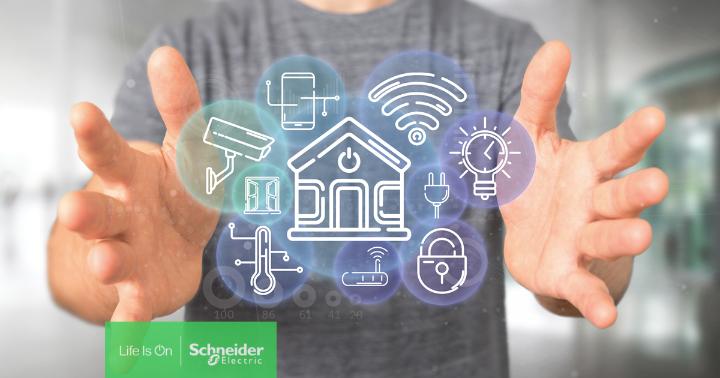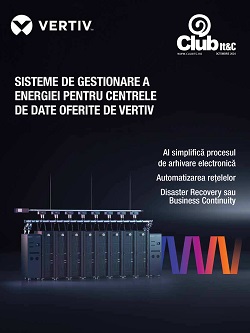According to a study by the ifo Institute, it is expected that around 1.58 million new homes will be built across 19 European countries by 2025. Plus, with rent payments increasing year on year, more people than ever are looking to get onto the property ladder and new builds are an attractive option for many.

However, our expectations when it comes to new build homes have shifted somewhat over the past few years.
According to our recent survey, 59% expect smart tech in new homes as standard (+18pts compared to 2020). In fact, 39% of people would be prepared to pay more for a home if it came equipped with smart home devices and 45% say that smart technology makes a home more desirable – a large shift compared to 2020, increasing +14pts and +8pts respectively.
Whilst the rise of smart technology in our homes originated with smart speakers, which offered the novelty of being able to turn on your music just by saying so, it’s clear that smart technology is no longer seen as a gimmick. In fact, 40% of homeowners consider smart home technology as an easy way to reduce energy usage and bills.
It is important for homebuilders and property developers to select the right smart tech to appeal to homeowners and potential buyers. Below, we’ve listed some of the most popular smart tech devices found in our survey.
1. Voice assistants
Ranking at number one was voice assistants, however, this is less popular in 2023 compared to 2021 (-3% points).
Whilst voice assistant devices, like Amazon Alexa and Google Home, themselves aren’t necessarily provided by property developers, with many homeowners looking to add one to their homes, property developers must consider which appliances and fittings can be easily integrated and managed by these handy voice-activated devices.
2. Smart lighting systems
Ranking second in popularity, smart lighting is a relatively simple upgrade for homes, that offers great convenience. For example, you’ll never have to worry about whether you left the bathroom light on whilst you’re on holiday, as you can make sure they’re switched off remotely via the app, which means no nasty electricity bill to come back to!
3. Smart energy monitor
With an increase of +4pts compared to 2021, another of the largest growth compared to 2020, smart energy monitors are another piece of technology that have become popular given our rising energy bills.
Monitoring energy can be easily done by utilising products like PowerTag alongside Wiser. With a simple energy sensor like PowerTag plugged into the electrical panel, homeowners can easily gain access to valuable information about their energy consumption – not just as a whole, but for individual appliances and devices in real time. Here, you can see which appliances perhaps need turning off or switching to run during off-peak hours, as well as identify faulty appliances that may be consuming more energy than you realise.
By monitoring energy usage and making more informed decisions based on this visual data, homeowners can make savings of up to 8%.
4. Smart doorbell or entry system
Finally, with the rise of solutions such as Ring, smart doorbells have become a must for many homes – both new and existing. Relatively simple to install, smart doorbells give many homeowners a sense of security, and in fact many of the solutions available on the market today can be integrated as part of a wider connected security camera system for even more peace of mind.
Given the rate at which the price of energy has increased over recent years, it is crucial to find ways to help homeowners keep bills as manageable as possible. Plus, with energy representing 60%-70% of carbon emissions emitted by homes and buildings, minimising energy waste can help make all important strides to reducing this number and should be seen as an essential for every household.
Smart technologies like smart thermostats and energy monitors have an important role to play when it comes to lowering utility bills and minimising energy wastage, and should therefore be prioritised by homebuilders and property developers to make new homes more appealing. Additionally, any smart home tech must make it as easy as possible for homeowners to use, as otherwise, an over complicated process could put homeowners off using the technology. That means having everything manageable via one central app or interface, like is possible with the Wiser Home app, instead of needing an app for each individual connected device.To learn more about the results our 2023 global consumer survey, read the report here.






























